Without barriers, without mercy, without prejudice
They do not want mercy, they do not need admiration or even special treatment. They expect such conditions that, in spite of their illness, would enable them to be where others are and to do what they want to do. They want to develop, achieve self-fulfilment, get as much as they can from life. And they have the right to do so. Social Service Centre “Integration” in Katowice helps adult disabled, including adults with autism spectrum, providing them with therapy and broadly understood support. It all happens in a renovated tenement, where the quality of services matches the building’s functionality.
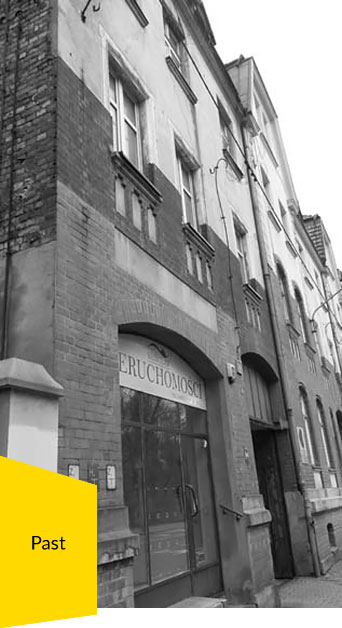
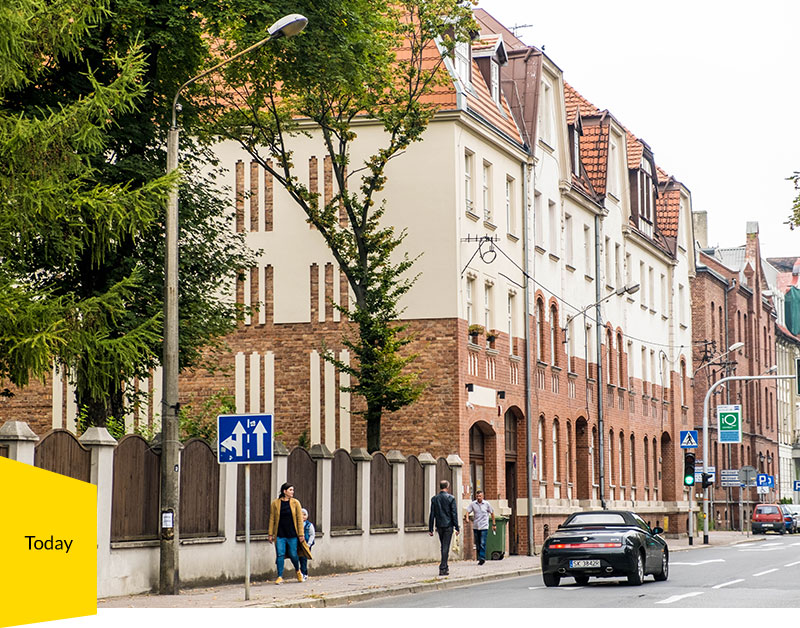
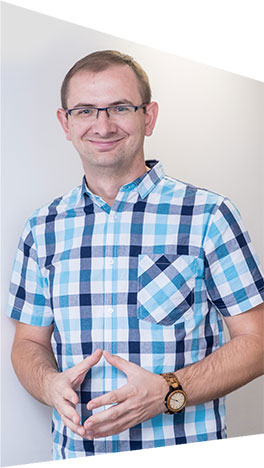
Disability and illness are two categories that, despite numerous changes in our country, continue to be strongly and negatively associated. The main problem is limited access to daily activities, including education, care, work, and possibilities to participate in cultural life. In order to constrain negative impact of marginalisation, investment in the scope of infrastructure is implemented increasingly often, next to activation processes. All over Poland, centres are established, where under professional, specialist care the groups at risk of exclusion make further steps, living and learning to function independently in the society, as far as possible.
Centre of Social Services “Integration” is one such facility in Katowice. For many years, we have been implementing the Programme of Social and Professional Integration of the Disabled. Both specialists working with the dependent and disabled people, as well as the families of our charges stressed the need to establish a facility where the disabled would be on the one hand provided with comprehensive support and on the other hand – offered an integration opportunity. A modern facility offering holistic support was created in the renovated building in Francuska Street. Under the performed works, the two-storey building was revitalised along with the outbuilding; window and roof framework was replaced and the interior underwent extensive renovation. Currently, two centres operate in the refurbished building: a day support centre for disabled people with limited life skills and a centre for adults with autism.
Especially this second group requires support and application of innovative solutions. Earlier there was no place in Katowice where it could use complex therapy in such wide scope. The centre is equipped with physiotherapy equipment, devices used for electrotherapy, magnetotherapy, laser therapy, sonotherapy, as well as software supporting the rehabilitation of people with speech and other cognitive disorders. Additionally, specialist therapeutic rooms were created: the room for experiencing the world and sensor integration.
Mariusz Nowak, Head of the Projects and Initiatives Department of the Municipal Social Support Centre in Katowice
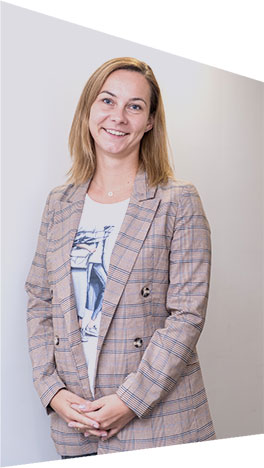
When we talk about autism, we most often think about intelligent children who lack social adaptation skills. But such children mature with time and turn into adults. While the children diagnosed with autism are covered by specialist support from an early age in Poland, adults can no longer count on such help. That is why we wanted to support also this group of our charges by establishing “Integration”. Although they are adult, they most often require full-time care, including the support in performing simple daily tasks. Their adaptation skills are often significantly lowered. “Integration” offers daily stay option intended to improve self-reliance of the charges, while in parallel relieving exhausted caregivers – usually parents well past their youth. Apart from the people with autism, the support also covers poorly functioning people with disabilities.
From Monday to Friday, seven hours a day, the project participants use group and individual classes with a pedagogue, physiotherapist, occupational therapist, and caregiver. They regularly participate in workshops. We offer trips to the swimming pool, hippotherapy, alpacotherapy, dogotherapy, and music therapy. In their free time, our charges explore Silesia. Trips by means of municipal transport are an ideal form of training of interpersonal skills for them. In addition, for ten charges who require special care, we have prepared sensor integration therapy classes. They serve to improve concentration, creativity and linguistic skills.
The project also offers the services of a personal assistant of a disabled person. Caregivers with adequate qualifications help the charges in daily activities, communication in the city, settling administrative issues or making appointments at the doctor’s. We can see the results already – although it must be stressed that these are only the first, carefully made steps. We are happy with each success of the project participants, each attempt and independently performed task.
Kinga Grzybek, Coordinator of the Project “Katowice, Open an City – Development of Social Services”
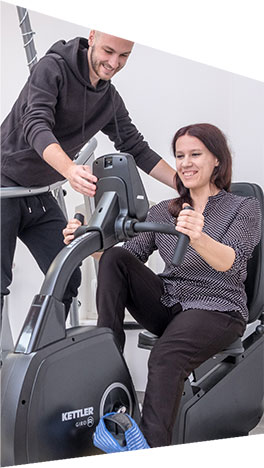
I am disabled. I need crutches to move. Currently, I use daily support of the Katowice “Integration”. Despite objective problems, I always try to live an active life. I graduated from political studies. For some time now, I have been actively looking for administrative employment. In the meantime, my friend told me about the project “Katowice, an Open City – Development of Social Services”. Since I am always optimistic about this type of projects and activation in general, I decided to try and find out if I could use this help. I did it with conviction because I knew that such classes help not only in the area of education, work and health, but also in making new contacts. Thanks to them, I can leave my home and extend my circle of friends. I meet people who face similar problems and like me struggle with loneliness. It means a lot. Thanks to these classes, I learned more about myself. Today, I cope better with problems.
I am in “Integration” every day, excluding weekends. I use numerous forms of help and various attractions, including sport and cultural ones. If not for the project, I could not use the advise of a dietitian, psychologist, and rehabilitation therapist, if only for financial reasons. It all costs a lot.
Due to motor handicap, I value rehabilitation classes. I use, among others, massages and physiotherapy classes that help me improve coordination and body balance. The centre’s activity provides me also with the support of occupational trainer who helps me look for employment and contact potential employers.
The range of offered classes is vast and my schedule is full. I have no time to be bored and, most importantly, I stay among people all the time. This is what matters most for me. I appreciate the fact that specialist work with me. They have individual approach to each of us; they offer us their time and advice. I am happy that there is a place in Katowice where you can develop, integrate with others and charge your batteries with positive energy.
Katarzyna Olchawa, project participant
Say it the Silesian way
łojce – parents
badyhala – a swimming pool
kamracić sie – be friends with somebody
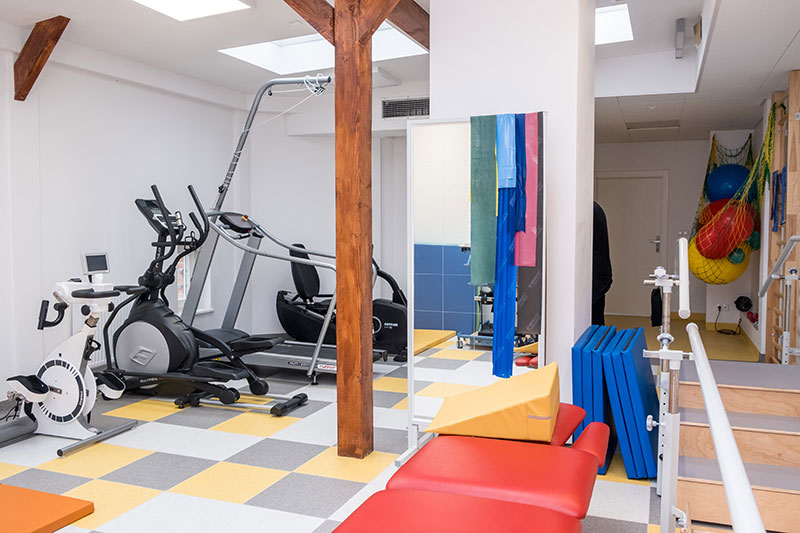
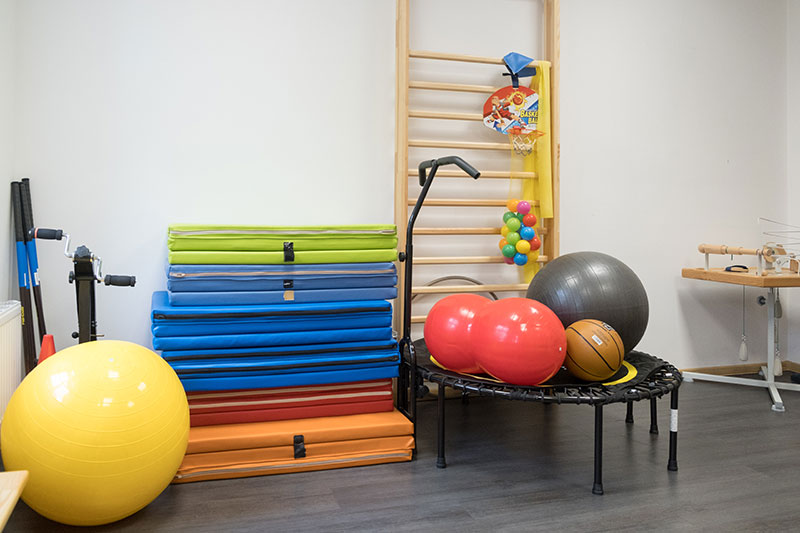
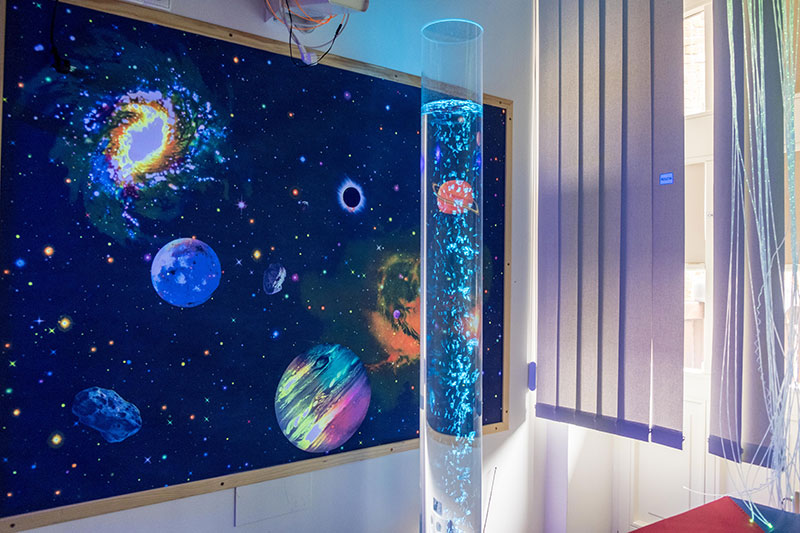
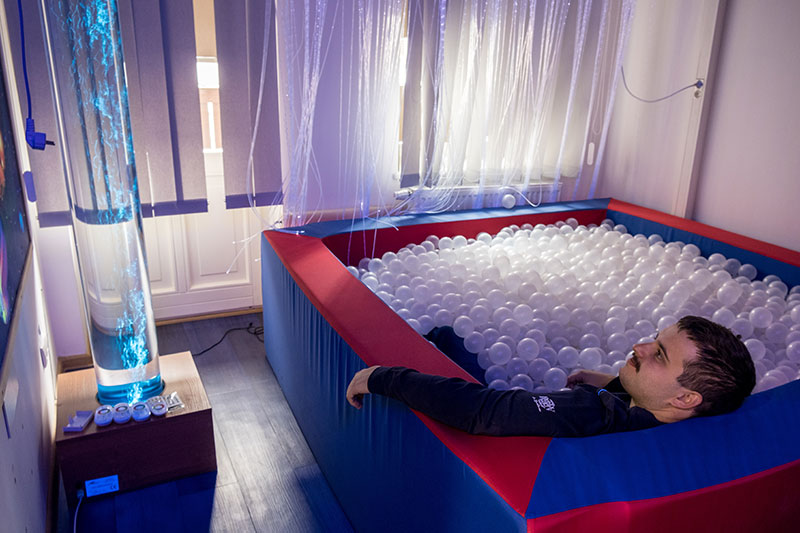
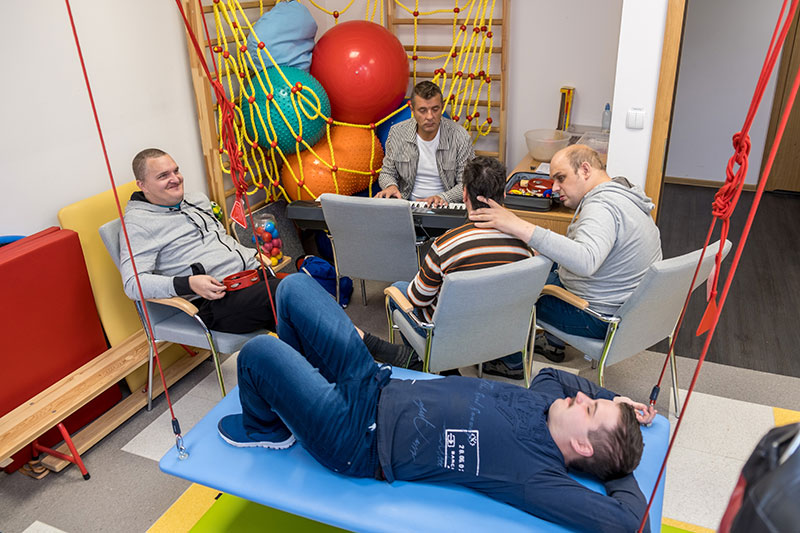
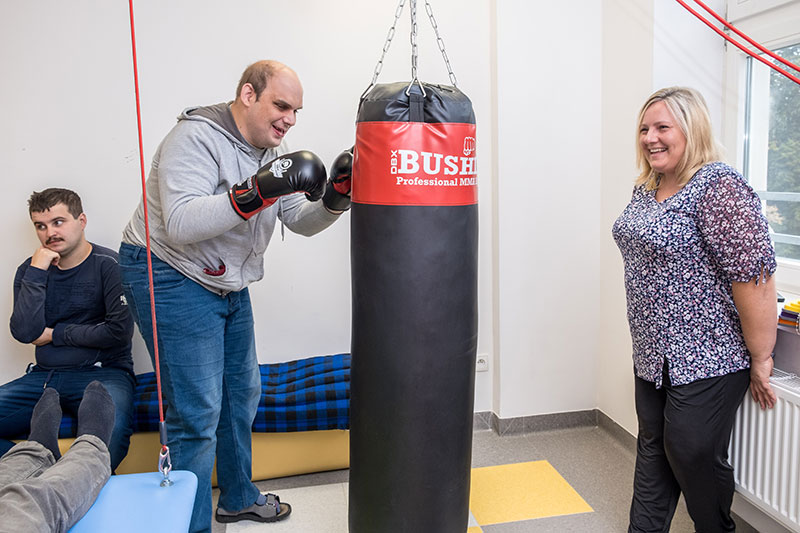
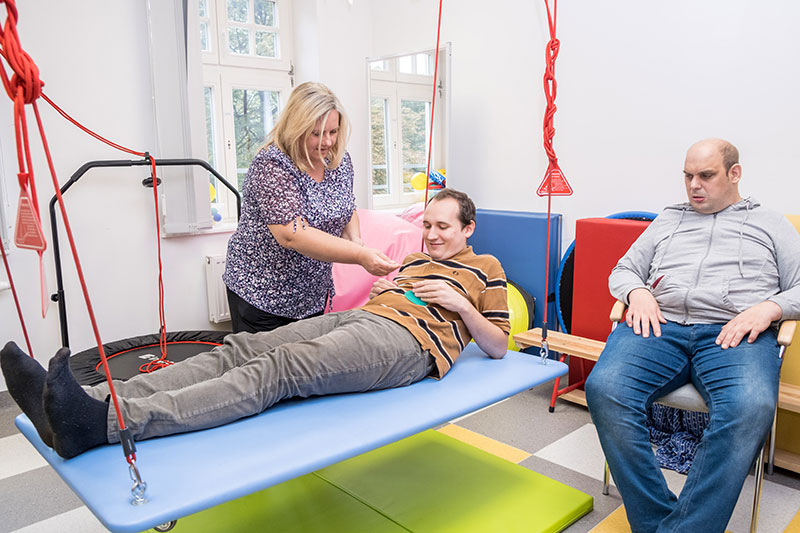
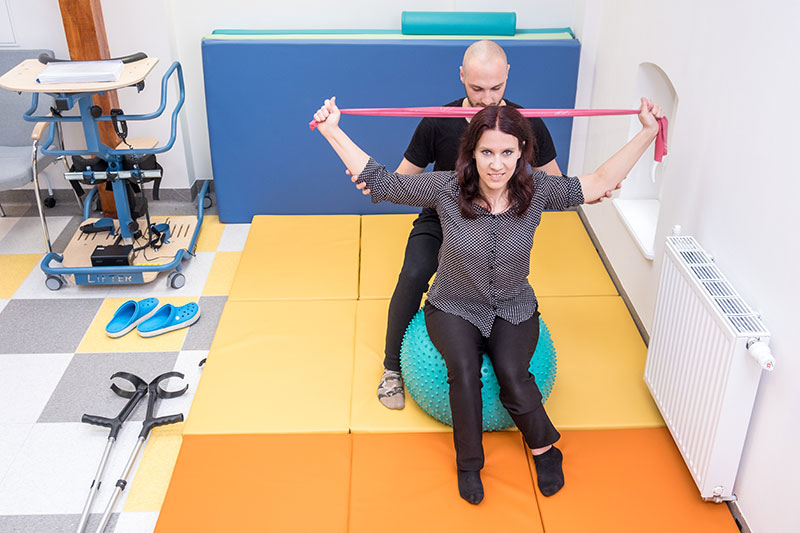
Projects
"Katowice, an Open City – investment activities – adaptation of the building at 43 Francuska Street to the needs of the organization of social and community services for the disabled"
Beneficiary: City of Katowice
Project amount: ca. PLN 6.5 million
ROP SV 2014-2020 subsidy: ca. PLN 5.4 million
Implementation period: 30.10.2015 – 31.07.2018
"Katowice, an Open City – Development of Social Services – stage I"
Beneficiary: City of Katowice
Project amount: ca. PLN 3.4 million
ROP SV 2014-2020 subsidy: ca. PLN 2.9 million
Implementation period: 1.01.2018 – 31.12.2019
Author: Łukasz Karkoszka
Photos: Tomasz Jodłowski, beneficiary archive






